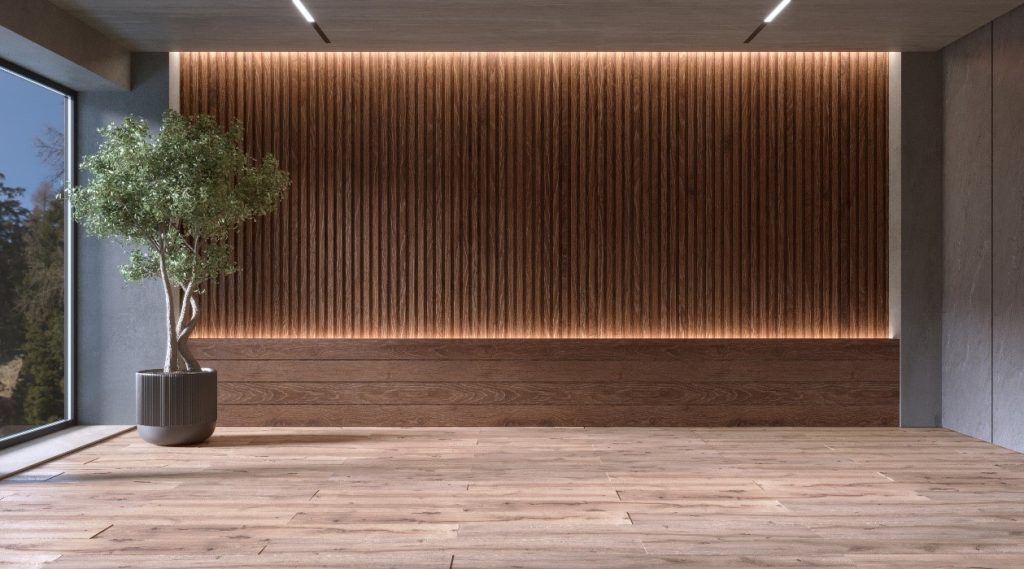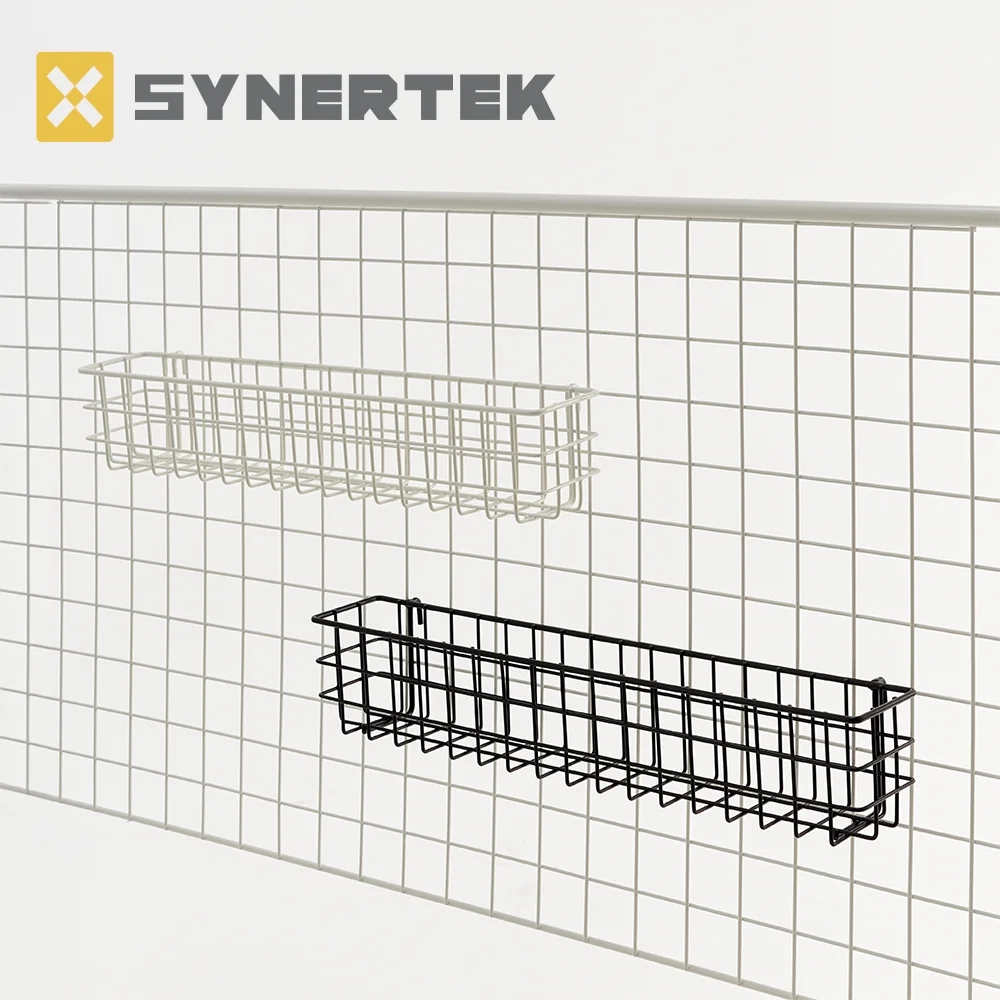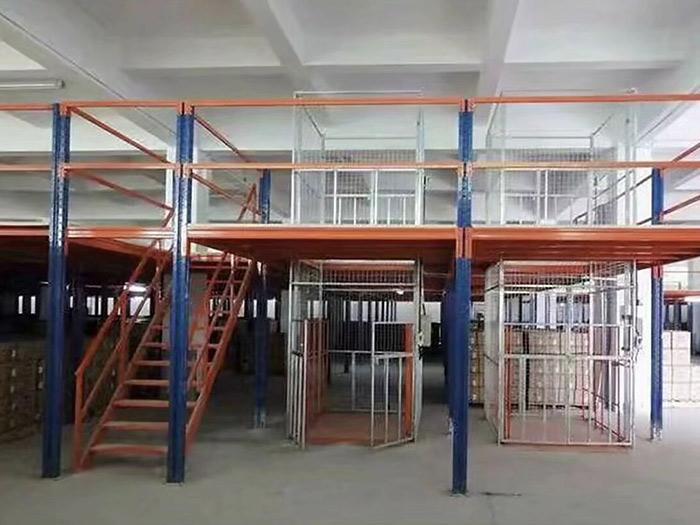MDF vs Drywall: A Comprehensive Guide to Choosing the Right Material for Your Project
2 min read
When it comes to home improvement or construction projects, the choice of materials can significantly impact the outcome. One common question that often arises is, Can I use Medium Density Fiberboard (MDF) instead of drywall? This article aims to provide an in-depth analysis of the two materials, their pros and cons, and the situations where one might be preferred over the other.
Understanding MDF and Drywall
MDF is an engineered wood product made by breaking down hardwood or softwood residuals into wood fibers. It is denser than plywood and has a smooth finish that makes it an excellent choice for painted surfaces.
On the other hand, drywall, also known as plasterboard or gypsum board, is a panel made of calcium sulfate dihydrate (gypsum) sandwiched between two thick sheets of paper. It is commonly used to make interior walls and ceilings.
MDF vs Drywall: Pros and Cons
MDF is known for its smooth surface, making it ideal for painting. It is also resistant to warping and cracking, ensuring longevity. However, MDF is heavier than drywall and requires more effort to install. It is also more expensive and less resistant to moisture.
Drywall, meanwhile, is lighter, cheaper, and easier to install than MDF. It also offers better insulation and fire resistance. However, drywall is not as durable as MDF and can be damaged easily.
When to Use MDF or Drywall?
The choice between MDF and drywall largely depends on the specific requirements of your project.
MDF is a great choice for detailed and intricate designs, such as wainscoting or crown molding. It is also ideal for built-in furniture, cabinetry, and shelving due to its strength and durability.
Drywall, on the other hand, is the go-to material for constructing interior walls and ceilings. It is also preferred in areas that require soundproofing or fire resistance.
Conclusion
In conclusion, while you can use MDF instead of drywall in some situations, it is essential to consider the specific needs of your project. Both materials have their strengths and weaknesses, and the best choice will depend on factors such as cost, installation, durability, and the desired aesthetic.


